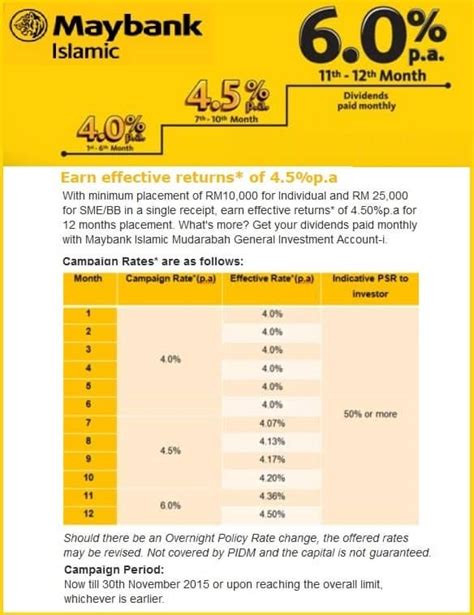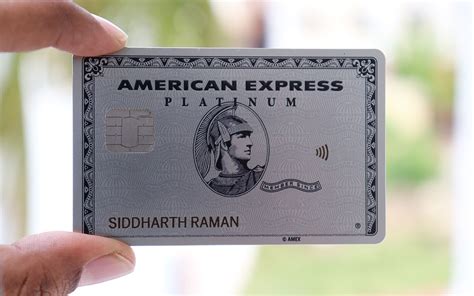Introduction
Owning a car in Singapore is a significant financial undertaking, requiring meticulous planning and substantial budgeting. With the rising cost of living and stringent regulations, the financial burden of car ownership has become increasingly onerous. This comprehensive guide will delve into the multifaceted expenses associated with owning a car in Singapore in 2025, empowering you with the knowledge to make informed decisions and mitigate the financial burden.

Understanding the Car Ownership Ecosystem
Before embarking on the journey of car ownership, it is essential to grasp the overarching framework that governs this endeavor in Singapore. The following key components play a crucial role in determining the overall cost of owning a car:
-
Certificate of Entitlement (COE): A limited-term permit required for owning a vehicle in Singapore. The COE is obtained through a competitive bidding system, with prices fluctuating based on supply and demand.
-
Additional Registration Fee (ARF): A one-time tax levied on the purchase of a new or used car. The ARF is calculated based on the car’s Open Market Value (OMV) and varies depending on the engine capacity.
-
Road Tax: An annual tax imposed on vehicles registered in Singapore. The road tax is determined by the car’s engine capacity and weight.
-
Insurance: Mandatory for all vehicles in Singapore, insurance provides financial protection against accidents and other unforeseen events. The cost of insurance varies depending on factors such as the driver’s age, driving experience, and the type of coverage desired.
-
Fuel: The ongoing cost of operating a car, fuel prices are subject to fluctuations in the global oil market.
-
Maintenance and Repairs: Regular maintenance and repairs are essential for ensuring the safety and reliability of a vehicle. The cost of these services can vary depending on the car’s age, make, and model.
Breaking Down the Costs
To provide a clearer understanding of the financial implications involved, let’s delve into a more detailed breakdown of the key costs associated with owning a car in Singapore 2025:
1. Certificate of Entitlement (COE)
The COE is the single most significant expense in the car ownership equation. In 2022, the average COE price for Category B (cars with engine capacities of 1600cc and below) stood at approximately S$60,000. However, COE prices have historically exhibited volatility, with sharp fluctuations driven by market conditions.
2. Additional Registration Fee (ARF)
The ARF is another substantial expense that can vary significantly depending on the OMV of the vehicle. For a car with an OMV of S$50,000, the ARF would be approximately S$12,500.
3. Road Tax
Road tax is an annual expense that varies based on the engine capacity and weight of the vehicle. For a typical Category B car, the annual road tax is approximately S$525.
4. Insurance
Insurance premiums are influenced by various factors, including the driver’s age, driving experience, and the type of coverage desired. Comprehensive insurance, which covers both the driver and the vehicle, typically ranges from S$1,000 to S$2,500 per year.
5. Fuel
Fuel costs are an ongoing expense that can fluctuate based on global oil prices. Assuming an average fuel consumption of 10km/L and a fuel price of S$2.50 per liter, the monthly fuel cost for a car driven approximately 1,000km would be approximately S$250.
6. Maintenance and Repairs
Regular maintenance and repairs are essential for ensuring the safety and reliability of a vehicle. The cost of these services can vary depending on the car’s age, make, and model. On average, owners can expect to spend between S$500 and S$1,500 per year on maintenance and repairs.
Tips for Reducing the Cost of Ownership
While the cost of owning a car in Singapore can be daunting, there are several strategies that can be employed to mitigate the financial burden:
-
Consider a smaller car with a lower OMV: Smaller cars with lower OMVs attract lower ARF and road tax.
-
Purchase a used car: Used cars typically cost less than new cars, although they may require additional maintenance and repairs.
-
Negotiate with insurance providers: Compare quotes from multiple insurance providers to secure the most competitive premium.
-
Drive less frequently: Reducing the number of kilometers driven can significantly lower fuel costs.
-
Perform regular maintenance: Regular maintenance can help prevent costly repairs in the future.
Conclusion
Owning a car in Singapore 2025 is a substantial financial undertaking that requires careful consideration and budgeting. By understanding the various costs involved and employing strategies to reduce expenses, individuals can make informed decisions and enjoy the benefits of car ownership without breaking the bank. Remember, the journey of car ownership is an ongoing one, and by staying informed and proactive, you can navigate the financial challenges and maximize the value of your vehicle.
Frequently Asked Questions
Q: Is it worth owning a car in Singapore?
A: The decision of whether or not to own a car in Singapore depends on individual circumstances and needs. Factors such as lifestyle, budget, and access to public transportation should be carefully considered.
Q: How much does it cost to buy a car in Singapore?
A: The cost of buying a car in Singapore can vary significantly depending on the type of vehicle and other factors. On average, buyers can expect to pay between S$50,000 and S$150,000 for a new car.
Q: What are the ongoing costs of car ownership?
A: The ongoing costs of car ownership include road tax, insurance, fuel, and maintenance and repairs. These costs can add up to several thousand dollars per year.
Q: What are some tips for reducing the cost of owning a car in Singapore?
A: Some tips for reducing the cost of owning a car in Singapore include purchasing a smaller car, buying a used car, negotiating with insurance providers, driving less frequently, and performing regular maintenance.
















